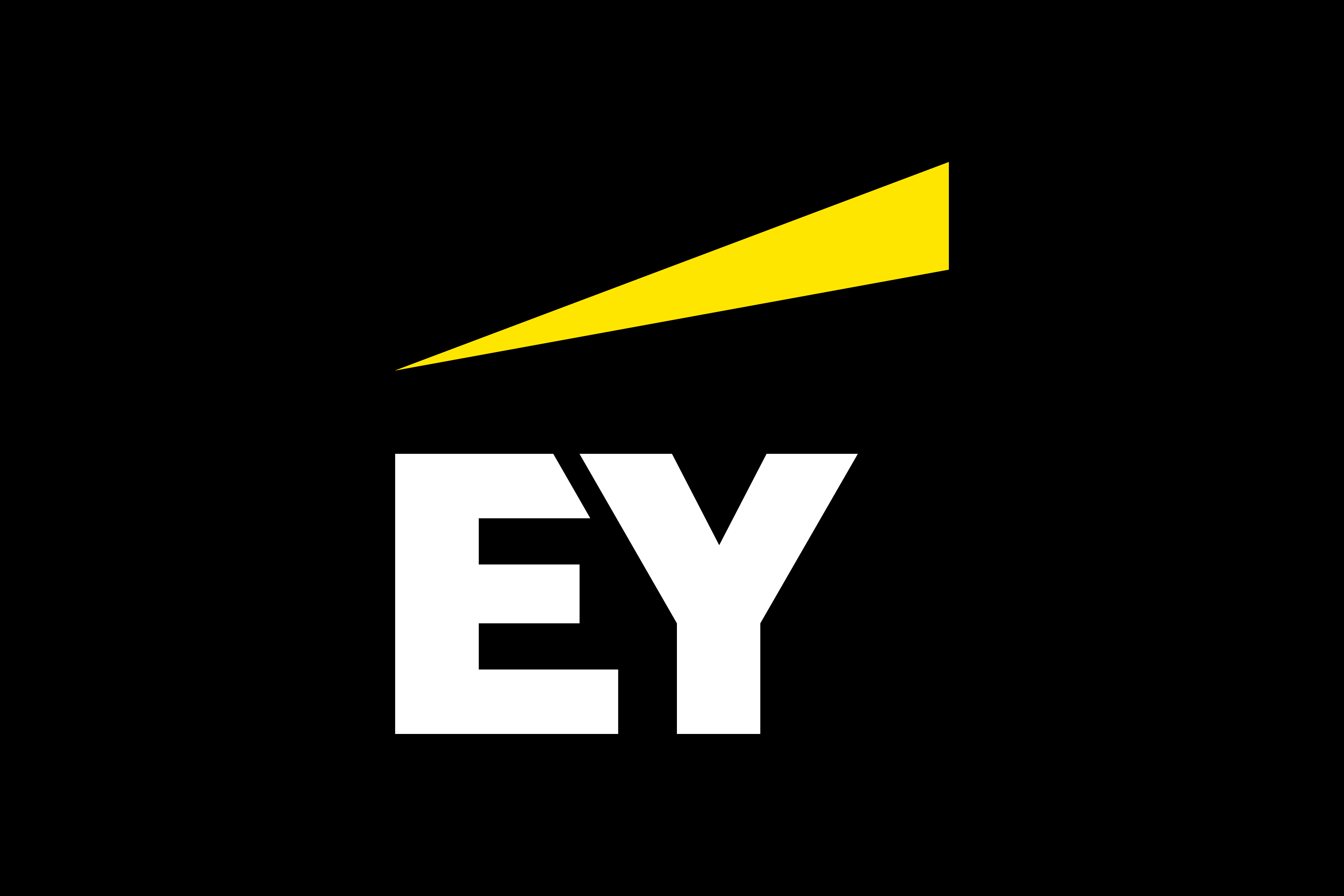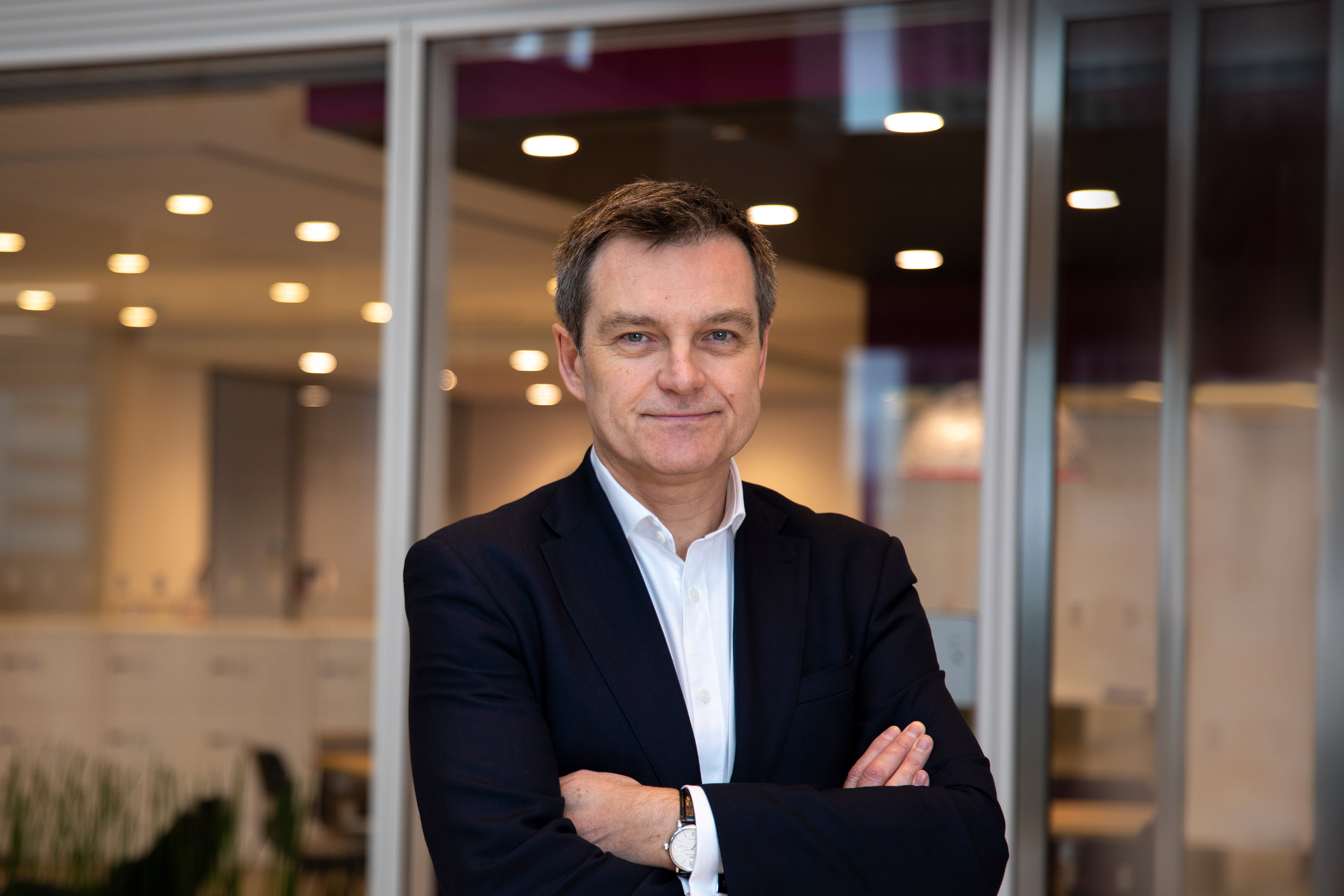EY refers to the global organization, and may refer to one or more, of the member firms of Ernst & Young Global Limited, each of which is a separate legal entity. Ernst & Young Global Limited, a UK company limited by guarantee, does not provide services to clients.
Transformation and growth
Banking & Capital Markets
Transforming banks through people, technology and innovation.
How EY can help
Workforce transformation services
EY teams can help solve the most complex workforce challenges in banks of all sizes and operating models. Find out how.
Corporate, commercial and SME banking services
Our Corporate, Commercial and SME (CCSB) Banking services team can help your business navigate through rising market expectation. Learn more.
Our payments professionals can help your business enhance innovation, drive growth and improve performance. Find out more.
Wealth and private banking services
Our team can help wealth managers and private banks transform and grow their business. Find out more.
A transformative solution that accelerates innovation, unlocks value in your ecosystem, and powers frictionless business. Learn more.
Learn more about our Banking & Capital Markets team and how they can help your business integrate disruptive technologies with an ecosystem of partners to achieve growth.
Discover how EY's technology transformation team can help your business fully align technology to your overall purpose and business objectives.
- Our case studies
- Our latest thinking
Explore our case studies
Explore our latest thinking
Regional perspectives











